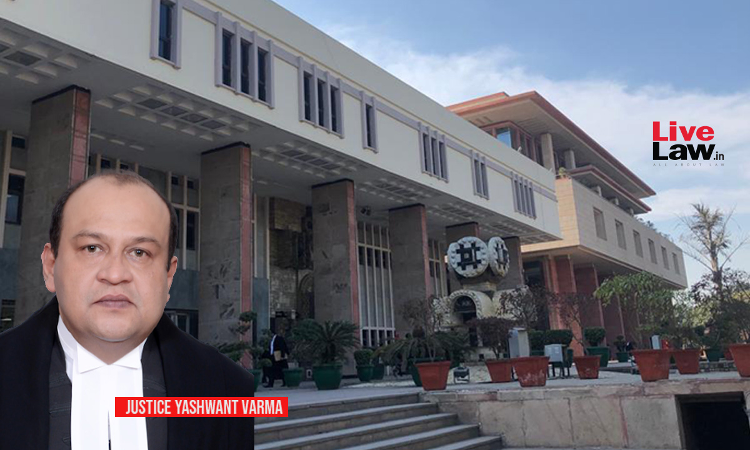The Delhi High Court has ruled that the provisions of the Recovery of Debts Due to Banks and Financial Institutions Act, 1993 (RDB Act) or the Securitisation and Reconstruction of Financial Assets and Enforcement of Security Interest Act, 2002 (SARFAESI Act) do not lay down an omnibus bar to arbitration. In each case, the Court would have to consider the nature of the dispute and...

